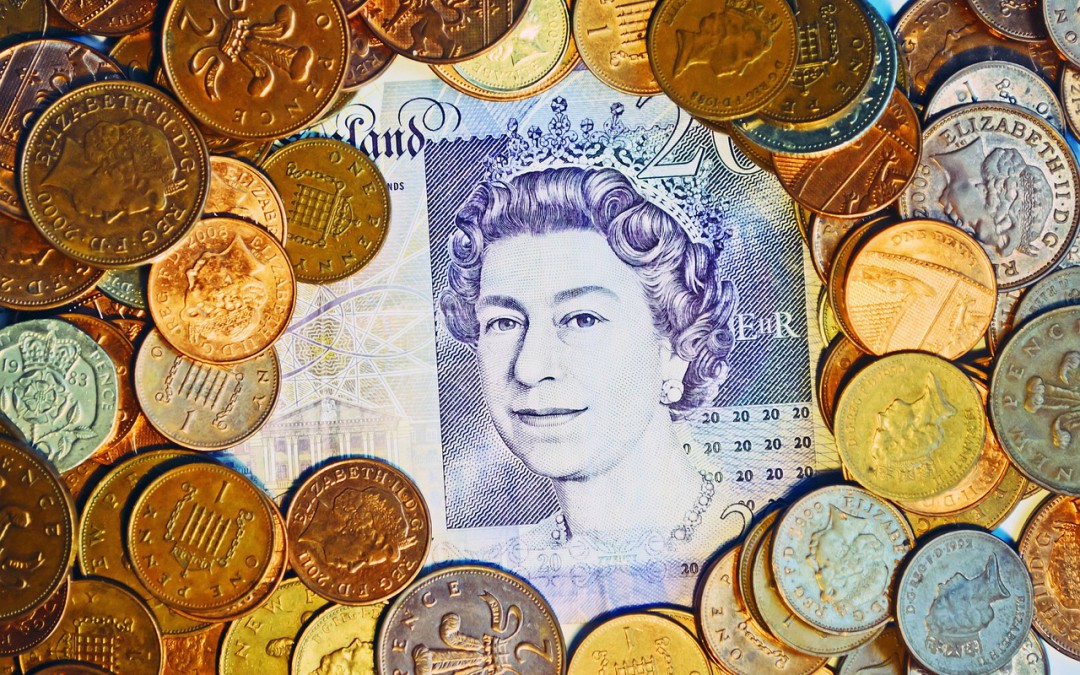New figures from the Bank of England shows that British households are borrowing more than £1bn a month for financing. While the buying of new cars, holiday travel, and other spending is good for the local economy, can encourage growth, and may also stimulate the tourism economy elsewhere, it’s is also possible that this binge on consumer debt is leading to a debt bubble for the country.
The numbers showed that unsecured lending rose by 9.1% in just one month this January. There was £500 million put onto credit cards, with another £115.7 billion borrowed in loans in just the month of January alone. In addition to the unsecured lending, mortgages also rose, with approvals hitting a two-year high in January as well, with almost 75,000 people being approved for mortgage lending.
“British households are back to their old ways and are piling on debt again,” says Samuel Tombs of Pantheon Macroeconomics in The Telegraph. “With borrowing costs still falling, consumer confidence high and banks willing to lend, indebtedness will only increase unless the Bank of England acts.”
While this isn’t so surprising with interest rates being low for all types of borrowing, including a record low for mortgage rates, and the savings rates aren’t nearly as competitive and net very little return at the moment. This certainly is a recipe for borrowing that most of the world would follow, but it’s putting Britain into a potentially unstable situation.
We saw the financial crisis in 2008 hit Britain hard, and there is some debate about the GDP and national Debt in the UK in addition to the finances of the populace. In fact chancellor George Osborne has likened the debt situation in Britain to the trouble in Greece more than once in his speeches. If all of Britain is borrowing to spend, and no one is saving money in the current climate, it makes the entire country vulnerable to any rise in interest rates.
“While the rapid growth in unsecured lending will support growth in the near term by propping up consumer spending, it could pose a risk to financial stability further down the line,” says Niraj Shah, an economist at Bloomberg Intelligence.
“High levels of debt make it harder for consumers to survive another economic shock. It is very worrying,” says Mark Garnier, a Tory MP on the Treasury select committee, in the Daily Mail.
“We want to make sure that we do not repeat the mistakes of the past of getting too indebted and then getting shocked by movements on rates,” says Mark Carney, governor of the Bank of England.
On average England as a whole is saving only 4.4% of their disposable income. That number comes from the Office for National Statistics. It is half as much as the number of four years ago, and the lowest number since record-keeping began in the 60’s. With little to no savings in the bank, and funding their spending on borrowed money leaves the entire country vulnerable to and number of economic shocks.
